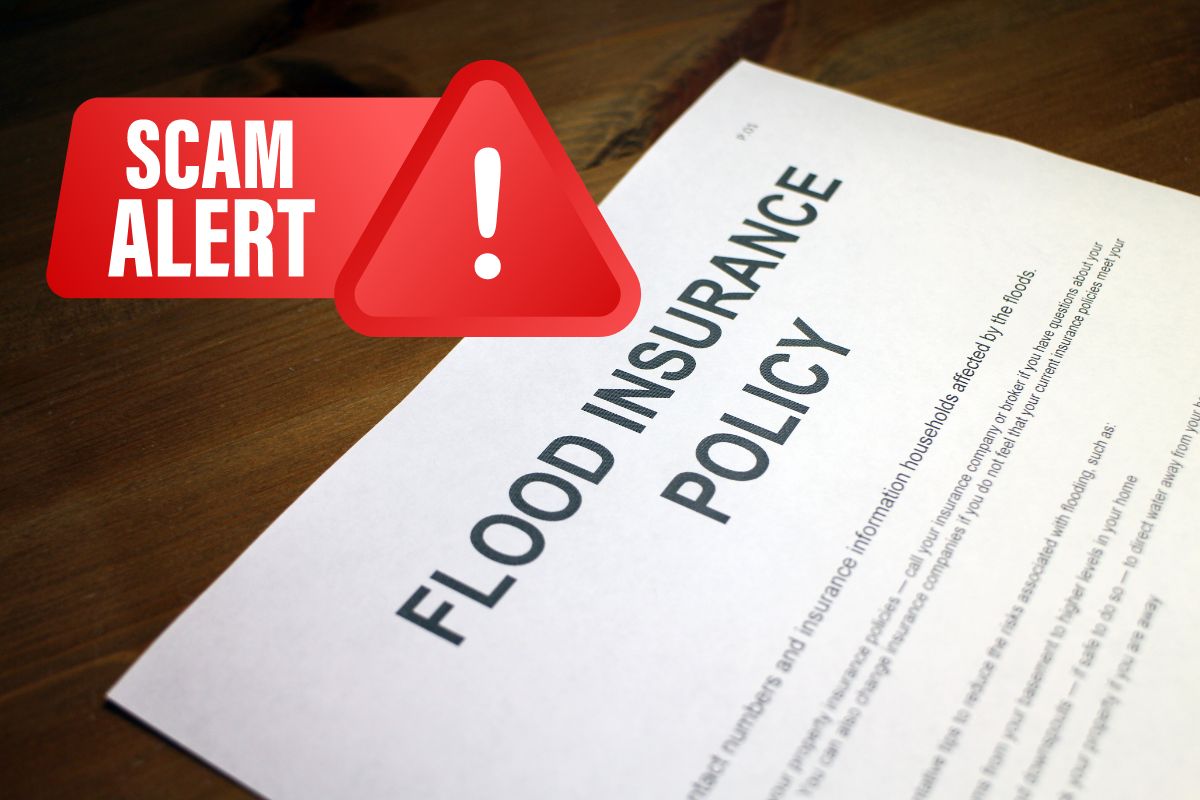As San Diego County started its clean-up efforts, residents are warned of dubious companies preying on victims.
Flood insurance claims are up in San Diego, where hundreds of properties and vehicles were damaged and destroyed by recent flooding, but California Insurance Commissioner Ricardo Lara has placed his department on alert for fraud and other illegal activities targeting the victims of the flooding.
The Department is already receiving reports that consumers claim public adjusters have been contacting them.
Immediately after the recent floods, some home and business owners say they were approached by people claiming to be public adjusters. This was well before flood insurance claims could start being filed. In the hopes of protecting consumers against fraud and scams, the Department posted tips under the title “Don’t Get Scammed After a Disaster” in English and Spanish. The tips encourage consumers to look into their decisions and never rush to sign anything. It also urges consumers to report any suspected illegal activities by public adjustors or contractors.

Public adjustors aren’t employees of insurers but instead work directly for a policyholder who hires them for a fee for claim settlement. The fees paid to the public adjustors are out-of-pocket expenses for the policyholder and are typically in the form of a percentage of the claim payment. This means that it takes away a chunk of the money that was intended for repairs or rebuilding.
Consumers should take care to understand their flood insurance and what charges they are being asked to pay.
“As consumers begin the difficult road to recovery, they need time to consider their options before rushing into hiring hire a public adjuster or contractor right away,” said California Commissioner Lara. “By law, public adjusters are not allowed to solicit business in disaster areas for seven days, protecting consumers from being pressured. My Department is on your side and can help you navigate the recovery process.”
In the majority of cases, home or renters’ policies don’t include flood insurance coverage. A separate policy is typically required through a private insurer or through the National Flood Insurance Program (NFIP).
Lara’s department is encouraging consumers to start their efforts by making a claim with their insurer or agent. From there, they can follow the guidance provided.

